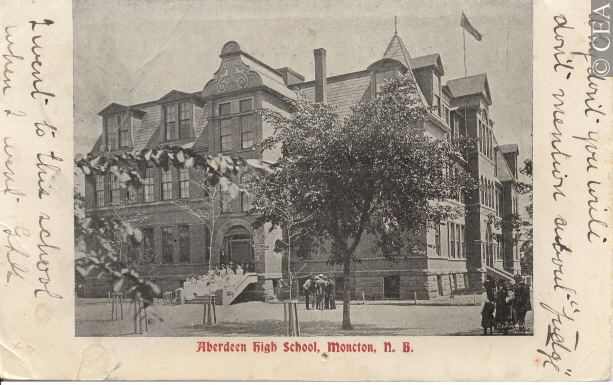httpv://www.youtube.com/watch?v=wgNuSEZ8CDw
Michael Moore in Wisconsin, yesterday
A sample:
America is not broke.
Contrary to what those in power would like you to believe so that you’ll give up your pension, cut your wages, and settle for the life your great-grandparents had, America is not broke. Not by a long shot. The country is awash in wealth and cash. It’s just that it’s not in your hands. It has been transferred, in the greatest heist in history, from the workers and consumers to the banks and the portfolios of the uber-rich.
Today just 400 Americans have more wealth than half of all Americans combined.
Let me say that again. 400 obscenely rich people, most of whom benefited in some way from the multi-trillion dollar taxpayer “bailout” of 2008, now have more loot, stock and property than the assets of 155 million Americans combined. If you can’t bring yourself to call that a financial coup d’état, then you are simply not being honest about what you know in your heart to be true.
And I can see why. For us to admit that we have let a small group of men abscond with and hoard the bulk of the wealth that runs our economy, would mean that we’d have to accept the humiliating acknowledgment that we have indeed surrendered our precious Democracy to the moneyed elite. Wall Street, the banks and the Fortune 500 now run this Republic — and, until this past month, the rest of us have felt completely helpless, unable to find a way to do anything about it.
Meanwhile, child poverty in the U.S. is drifting toward 25%, fourth among OECD countries, just behind Turkey, Mexico and Poland, and just ahead of Latvia, Spain and Lithuania. These are the statistics of a second world country.
And there are still tens of millions of Americans who think America is the best country in the world with nothing to learn from anyone, because the really important metric is that the top 400 individuals possess more wealth than the bottom 150 million.

